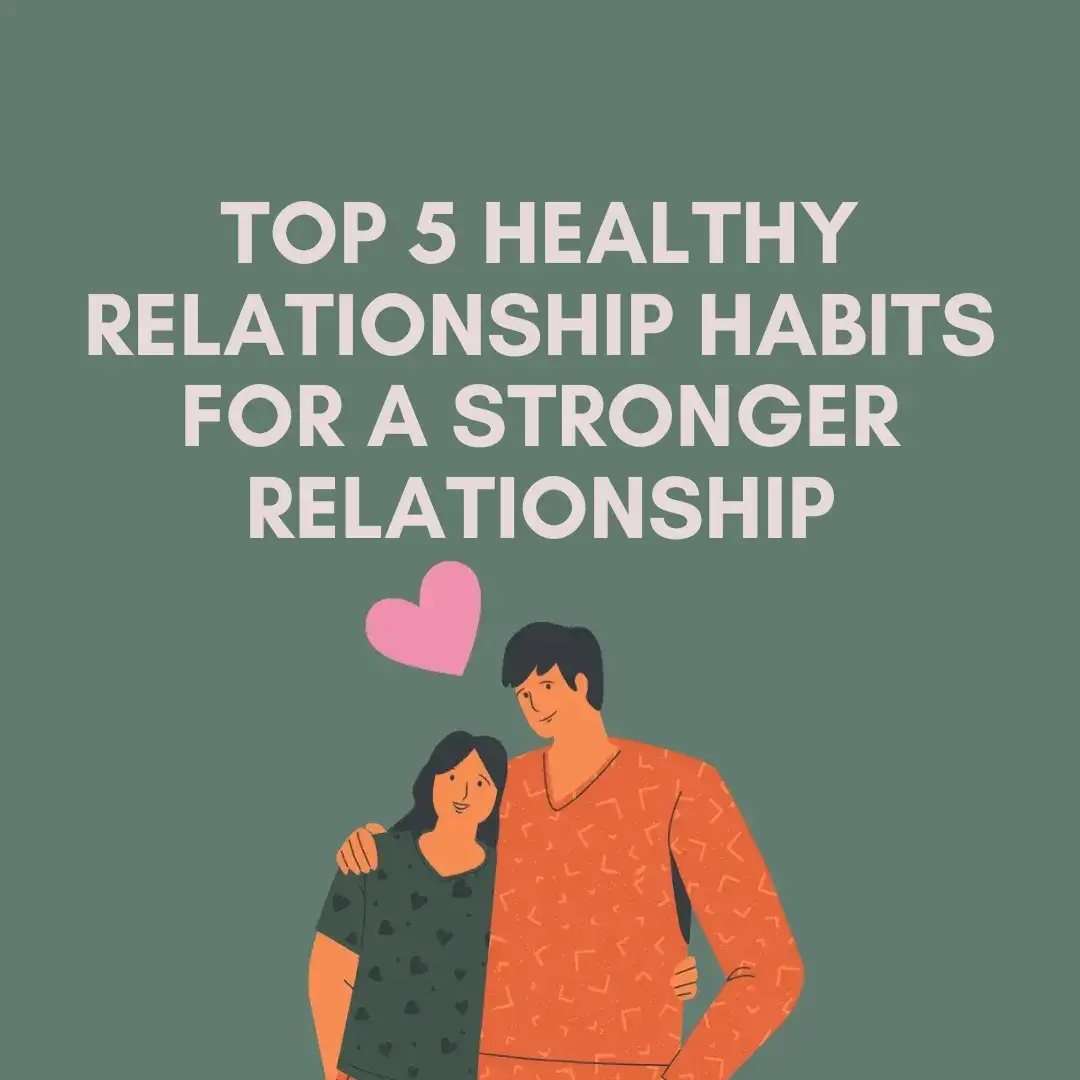10 Ways to Better Your Physical & Mental Postpartum Recovery
Leave Your Info
Trending 💫 Posts
Preparing for your postpartum recovery is important for mom, baby and loved ones as it allows for a sense of confidence and security during an extraordinary and challenging time. The postpartum recovery timeline is different for every woman and family and should be tailored to your specific needs, supports in place and should align with your lifestyle. Prepping ahead of time helps new moms and families regain strength and well being, in whatever capacity that looks for each unique individual
This blog provides a generalized overview of postpartum recovery needs. Again, it is importnat to consider that birth and postpartum recovery timelines are highly individualized and unique, and some of these expectations may not suit everyone.
The First Few Days of Postpartum Recovery
Common Physical Experiences
The first few days after delivery are typically marked by physical exhaustion, soreness, and continued contractions as the uterus shrinks back to its original size. New moms might experience postpartum bleeding and discharge known as lochia. It’s also common to feel discomfort if you’ve had a perineal tear or an episiotomy. Typically, new moms are monitored by their delivery team and hospital nurses to support the first 1-3 days of the postpartum recovery
Common Mental Experiences
Emotionally, you might feel a rollercoaster of emotions ranging from immense joy to overwhelming anxiety or sadness, often referred to as the “baby blues.” Between the physical exhaustion and emotional aspects of childbirth, it’s normal to feel a range of emotions.
What you can do the first few days for your...
Mental & Emotional Care
What you can do for your mental health the first few days postpartum recovery :
- Connect: Talk about your feelings with your partner, friends, or a support group.
- Rest and Relaxation: Sleep deprivation can take a toll on your mental health, so sleep when the baby sleeps.
- Seek Professional Help if needed: Don’t hesitate to reach out to a healthcare provider if your emotions feel too overwhelming. Before leaving the hospital, you will be provided with a mental health questionnaire that will help guide nurses on providing you with the appropriate resources.
Remember, postpartum depression and anxiety are quite common and nothing to be ashamed of!
Physical Wellness
What you can do for your physical health the first few days postpartum:
- Rest: Allow your body to heal and recover by getting as much sleep as you can.
- Proper Nutrition: Focus on a balanced diet rich in iron and protein to help repair tissues and regain strength. Nurses & doctors may have guides and meal options specific to postpartum recovery that they can send home with you.
- Hydration: Keep up your fluid intake, especially if you’re breastfeeding.

The First Few Weeks of Postpartum Recovery
Common Physical Experiences
During the first few weeks, your body continues to heal from childbirth. The postpartum bleeding will gradually decrease, and you might start to feel more physical “normalcy,” though full recovery varies for each individual. Additionally, recovery varies based on delivery method, as many women who undergo a C-Section may experience a longer postpartum recovery, may experience soreness and may have to tend to their incision with the help of a partner if possible.
Common Emotional Experiences
As you adjust to a new routine and lack of sleep, you might continue to experience mood swings or feelings of overwhelm. It’s common to experience a range of emotions, however there are a few signs and symptoms that help to differentiate between ‘typical’ postpartum emotions and postpartum anxiety/depression. Most providers use the Edinburgh Postnatal Depression Scale (EPDS) to identify if additional mental health supports are needed.
Additionally, mothers, partners and sometimes both, may be preparing to return to work. This is a major adjustment to the newly established and brief “norms” since coming home with baby. Many women, partners and couples experience anxiety as they approach another change in routine. It’s not uncommon for the parent/caregiver that is staying home with the baby to experience some fear in caring or the new baby alone. This may also require additional childcare, causing financial and logistical planning.
What you can do the first few weeks for your...
Mental Health
What you can do for your mental health the first few weeks postpartum:
- Establish a Routine: While challenging with a newborn, a loose routine can provide a sense of control and normalcy.
- Keep Communicating: Continue to share your feelings, needs, boundaries and experiences with others.
- Keep Supports on Standby: with many adjustments ahead, it’s hard to know exactly what you’ll need. That’s why it’s good to keep your trusted loved ones in the loop in the event that you outreach the for support. Having trusted loved ones is a luxury, and for new parents that may not have those relationships, there are professional supports that can be great resources, such as forming a relationship with a nanny, counselor or postpartum specialist
- Super-mom is a fictional character: You don’t have to do it all. Between breastfeeding, sleepless nights, diaper changes, learning your babies language, noises and gestures and welcoming the pop-in visitors– it can be too much these first few weeks postpartum.
- Go at your pace & remember you’re adjusting to a major life change, so kicking out any ‘supermom’ expectations is a must.
Physical Health
What you can do for your physical health the first few weeks postpartum:
Always consult with your doctor before starting any new wellness routine, as these may not be suitable for everyone
- Pelvic Floor Exercises: Begin with gentle pelvic floor exercises to start strengthening those muscles.
- Continue with Gentle Exercise: Gradually increase your activity level, but listen to your body’s signals as well as your physician’s guidance.
- Postnatal Checkups: Attend all postnatal checkups to ensure your body is healing correctly.
the First 6-12 months of Postpartum Recovery
Common Physical Experiences
For many women, by the 6 month mark most of the immediate postpartum symptoms have subsided. However, you might be dealing with lingering effects like weight fluctuations, body changes and adjusting to postpartum eating habits. Some women might also experience hair loss or changes in skin texture due to hormonal adjustments. Additionally, women who are breastfeeding may experience increased appetite as the need to replenish nutrients is higher.
Common Emotional Experiences
While the intensity of the initial postpartum emotions might decrease, navigating your new identity and responsibilities as a mother continues to bring emotional challenges. You might start to feel more pressure to “bounce back” or return to your pre-pregnancy lifestyle, however, you’re actually not the same as you were before giving birth (nor should you be). Instead of returning to pre-pregnancy you, it may be more apt to integrate into who you are and how your lifestyle is now, postpartum.
What you can do the first 6-12 months for your...
Mental Health
What you can do for your mental health the first 6 months postpartum:
- Find Your Tribe: Connect with other mothers for support and sharing of experiences. In New Jersey, there are lots of different postpartum groups, ranging from recreational meet-ups like exercise, or wellness based groups, like peer support groups.
- Self-Compassion & Partner-Compassion: There are many adjustments in these first few weeks, and it can feel like as soon as you get a routine going, another change occurs! Whether you’re a single parent or a partnership, compassion is a must!
- Personal Time: Ensure to set aside time for yourself to recharge and pursue activities you enjoy. New moms may start to feel like a part of their identity and individualism is missing. Make sure there is opportunity for your own needs, hobbies and outlets. This may require additional conversations with your partner or another caretaker about everyones roles and responsibility are.
- Professional Support: Consider talking to a therapist or counselor if you’re struggling with mental health issues. Our go-to resource and affiliate, Postpartum Support International (PSI) has chapters and groups across each state offering various supports.
Physical Health
What you can do for your physical health 6 months into postpartum recovery
- Regular Exercise: Incorporate regular exercise tailored to your recovery stage. Consider joining postpartum exercise classes.
- Healthy Eating: Continue with a nutritious diet to support your energy levels and overall health.
- Attend Physical Therapy if Needed: If you’re experiencing ongoing discomfort or physical challenges consult with your doctor and consider seeing a physical therapist.
The first 12-18 Months Postpartum Recovery
Common Physical Experiences
Many women feel more comfortable and physically “normal” by this time they have regained their pre-pregnancy physical state by this time, while many women feel like they are still adjusting to the physical changes from pregnancy and delivery. However, every woman’s journey is different, and some may still be working towards their recovery goals. Continuing to deal with physical changes is common. Furthermore, it’s important to have reasonable, realistic physical health goals, absent from comparing your body & postpartum journey to others’ (especially on social media!!!)
Common Emotional Experiences
As your baby grows and becomes more independent, you might start to find it a bit easier to engage in your own interests, needs and hobbies. However, the journey of motherhood continues to evolve, bringing new challenges and new joys. Some mothers might start considering expanding their family again, which brings a new set of emotional considerations. Some mothers may have returned to work, or plan to return to work, again, brining on new life transitions and major adjustments. Many women experience a period of contemplation about the ‘next best step’. This is totally normal and a decision that requires time, thoughtfulness and consideration.
What you can do the first 12-18 months for your...
Mental Health
What you can do for your mental health 12-18 months postpartum:
- Reflect and Adjust: Continuously assess and adjust your coping strategies and support systems as needed.
- Celebrate Your Journey: Take time to acknowledge and celebrate the milestones and the challenges you’ve overcome.
- Continue Education: Keep learning about maternal mental health and seek out resources and communities that support long-term well-being.
Physical Health
What you can do for your physical health 12-18 months postpartum:
Set Realistic Goals: Continue working towards any physical health goals in a realistic and patient manner.
Health Screenings: Keep up with regular health screenings and checkups.
Nutrition Education: It’s hard to know exactly what your body may needs since going through so many changes. And now, your baby is likely eating new foods as well! This is a great time to assess your nutritional needs and habits, to integrate into your daily meal plans.
Conclusion
In conclusion, postpartum recovery is a unique and personal journey for every mother. By understanding what to expect and implementing strategies to boost both your mental and physical health, you can navigate this transformative period with confidence and grace. Remember, seeking support, prioritizing self-care, and embracing the journey are key to a healthy and happy postpartum experience. Embrace this time with patience, love, and care, and know that you are doing an incredible job at one of the most demanding and rewarding roles there is. Welcome to the journey of motherhood, a path of love, growth, and profound transformation.
FAQ's About Therapy in New Jersey
Where are you located? I need a therapist near me
We are fully online, which means that your therapy sessions will be help via video call on our HIPAA compliant Platform. Anyone in New Jersey can access our therapy services
How do I get started as a new client?
New Clients can reach out to us directly via call, text or email here:
Does my insurance cover my visits?
We provide”Courtesy Billing” for clients who are using the Out-of-network insurance benefits.
Our Insurance Page might answer your questions about your insurance information, cost and OON coverage.
What are out-of-network benefits?
Visits our FAQ About Insurance to learn more about OON coverage for mental health services. We can also check your benefits for you. When using OON benefits, patients typically pay the full cost of the treatment upfront and then file a claim with their insurance company for reimbursement.
Is Online Therapy As Effective As In-Person Therapy?
Online therapy is essentially face-to-face counseling, just conducted remotely. Studies show that tele-therapy is as effective as traditional counseling. Professional organizations and state governments recognize its benefits and have set regulations for it. However, like any therapy, its success in achieving your goals isn’t guaranteed. It’s important to discuss with your therapist whether tele-therapy is working for you.
How Should I Prepare for My First Session?
Showing up is all that you need to do! But if you really want to get the most out of session, it could help to take some time to think about what you want from therapy. It helps to write down your goals, questions you have or things that you feel are important to share.
Do you offer traditional talk therapy?
of course! though we have some unconventional therapy approaches, we are rooted in evidenced based practices. Talk therapy is a major player in the therapy room! See What we Treat and Integrative Services for more information
Is Virtual Counseling Suitable for Everyone?
Online therapy might not be as effective for individuals with chronic suicidal thoughts, severe trauma, significant mental health history, or those recently in intensive care. Such cases often benefit more from traditional, in-person counseling. We’ll help you decide if our online services are right for you during your intake and evaluation.
Can I Change Therapists If I'm Not Happy?
Yes, you can switch therapists to another provider within the practice, or we can provide you a referral if preferred. We want to ensure that your time and effort are well spent, and that you are getting the relief you need, that’s why we work collaboratively with each other in the practice, as well as outside therapists who we know and trust.
How Do I Know If Therapy Is Helping?
You should feel like you’re making progress. Signs it’s working include:
- Feeling comfortable talking to your therapist
- Your therapist respects boundaries
- You’re moving towards your goals
- You feel listened to
You’re doing better in life - Your self-esteem is getting better
What is your cancellation policy?
We ask that clients provide at least 24 hours notice in the event that they need to cancel to avoid the 50% cancellation fee. we understand that life happens and do our best to be flexible & reschedule.
What Geographic Areas Are Served?
Currently, we serve clients in New Jersey and are expanding to other states as telehealth laws evolve. While telehealth offers the convenience of attending sessions from anywhere, state laws require clients to be in-state during their session.
Is Online Therapy Easy to Use for Non-Tech-Savvy People?
Yes, it’s pretty simple to access sessions. You’ll need basic internet skills, such as opening and visiting the patient link sent to you via email. It’s similar to video chatting like Facetime or Zoom. We can also walk you through it on the phone the first time to ensure a strong connection
What Questions Should I Ask My New Therapist?
Feel free to ask anything. Some good questions are:
- How often will we meet?
- What do you specialize in?
- What experience do you have with my issue?
- What outcomes can I expect?
- How will I know I’m progressing?
- How long do you usually work with clients?
- How will we set my treatment goals?
What is the difference between associate therapists & fully licensed therapists?
Our Qualifications:
Our founder, Rebecca Sidoti, is a highly qualified, state-licensed therapist and supervisor with extensive training in anxiety related disorders and innovative treatment such as Ketamine Therapy. Mind by Design Counseling adheres to standards set by the our governing counseling boards.
To see each providers credentials, training and licenses, visit our “Meet the Therapists” Page to learn more.
- LAC/LSW are therapists who may practice clinical work under the supervision of a fully licensed therapist.
- LPC/LCSW are therapists who have completed the necessary clinical hours post-graduation under supervision and can practice clinical work independently.






